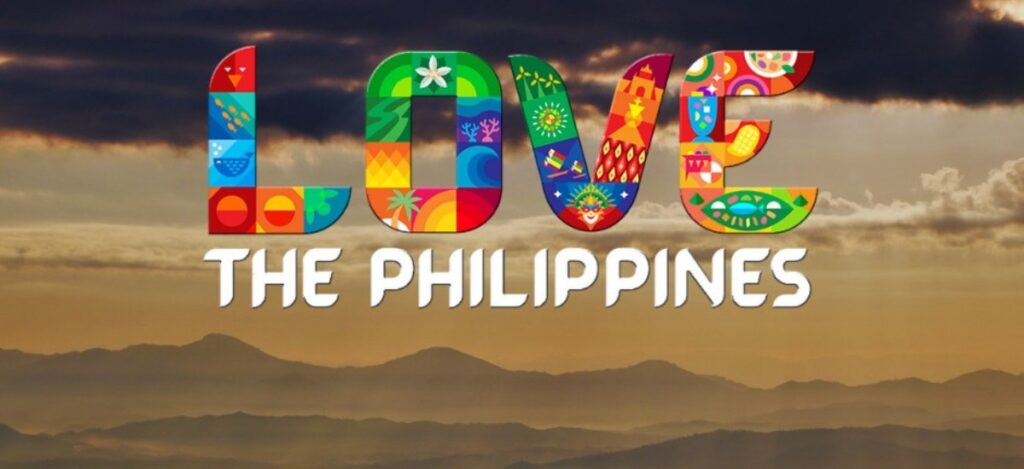Well, that was fast.
A day shy of one week since the Department of Tourism (DOT) launched the country’s new flagship campaign on June 27, DOT is terminating its contract with ad agency DDB Philippines.
Both DOT and DDB drew flak when it was discovered that the Love the Philippines video—which was released with the P50-million logo and slogan created by DDB—used stock footage of other countries such as Indonesia. The criticism it drew online was swift and unforgiving, and drew the attention of foreign media outlets.
The DOT released a statement today saying it was outraged and extremely disappointed at the use of unoriginal foreign footage by DDB and is terminating its contract with the ad agency.
“As DDB Philippines has publicly apologized, taken full responsibility, and admitted in no uncertain terms, that non-original materials were used in their AVP, reflecting an abject failure to comply with their obligation/s under the contract and a direct contravention with the DOT’s objectives for the enhanced tourism branding, the DOT hereby exercises its right to proceed with termination proceedings against its contract with DDB.”
The DOT did not answer questions from reporters on whether they will retain the new slogan or put the contract up for public bidding again.

On July 1, the DOT said that no public funds “have been paid for the AVP in question as this particular component of the launch was released on the account of DDB.” It’s standard practice for governments to pay contractors from the private sector after the contract or obligations are fulfilled.
On July 2, DDB apologized for the video, saying, “While the use of stock footage in mood videos is standard practice in the industry, the use of foreign stock footage was an unfortunate oversight on our agency’s part. Proper screening and approval processes should have been strictly followed. The use of foreign stock footage in a campaign promoting the Philippines is highly inappropriate, and contradictory to the DOT’s objectives.”
Netizens were quick to point out that “mood videos” are usually not released publicly in conjunction with a new campaign but rather remain internal.
They also questioned the alleged involvement of Paul Soriano, presidential adviser on creative communications, in the production and execution of the Love the Philippines video. Soriano’s office was behind the controversial “We Give Our Best to the World” ad in London, which Senate Committee for Tourism chair Nancy Binay labeled as “off” as the country’s branding.







